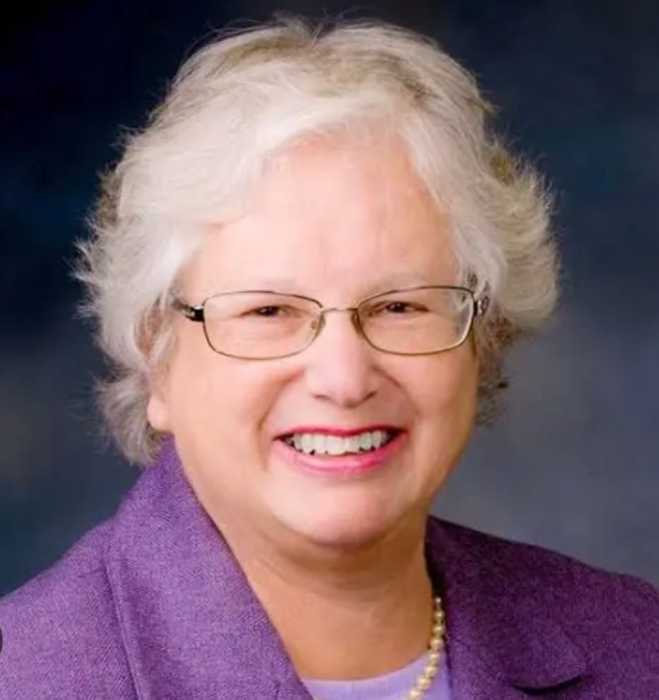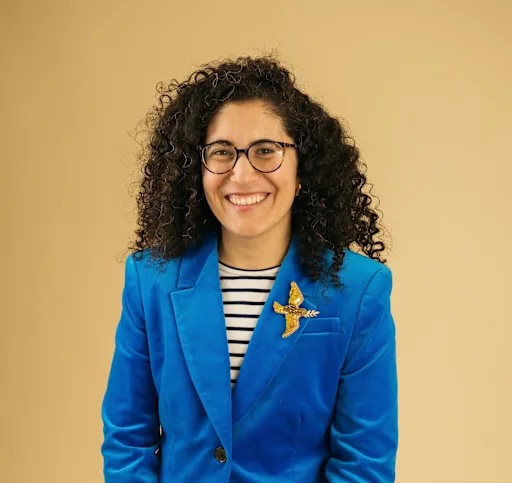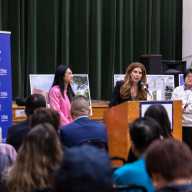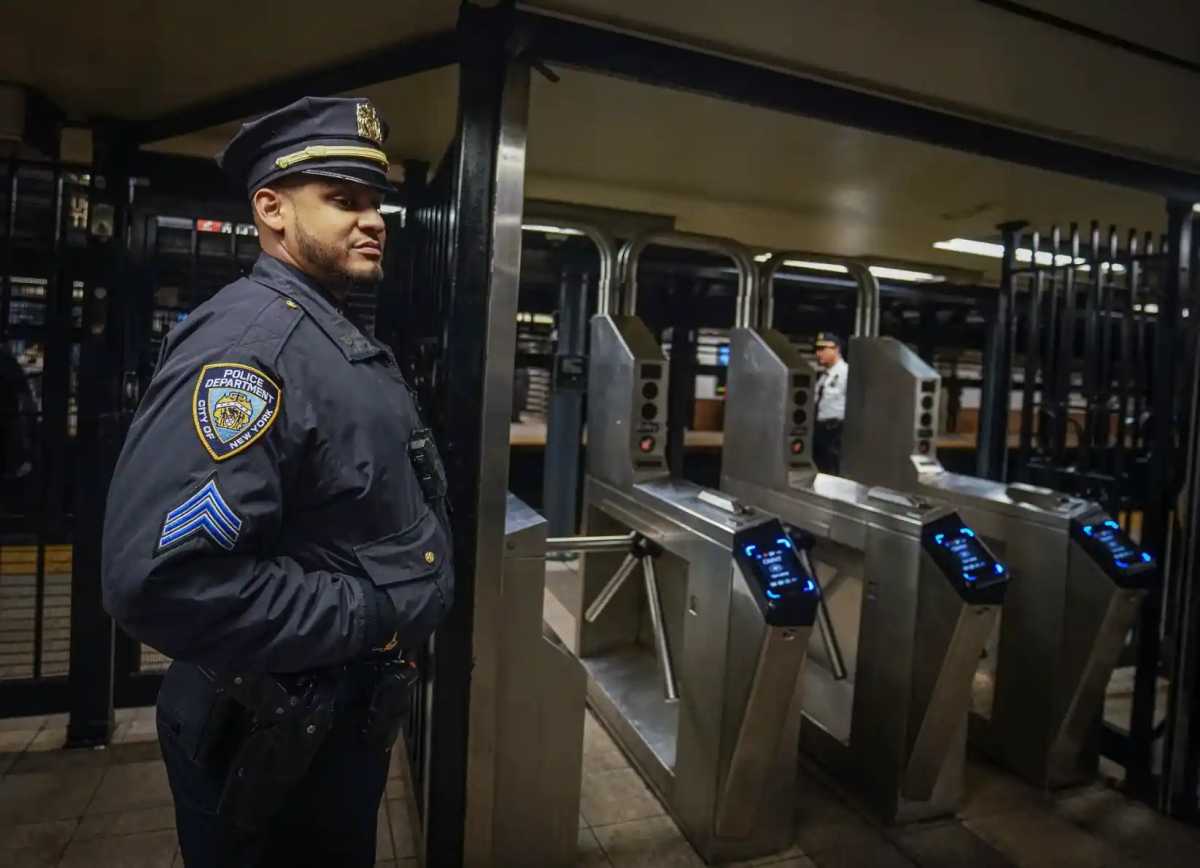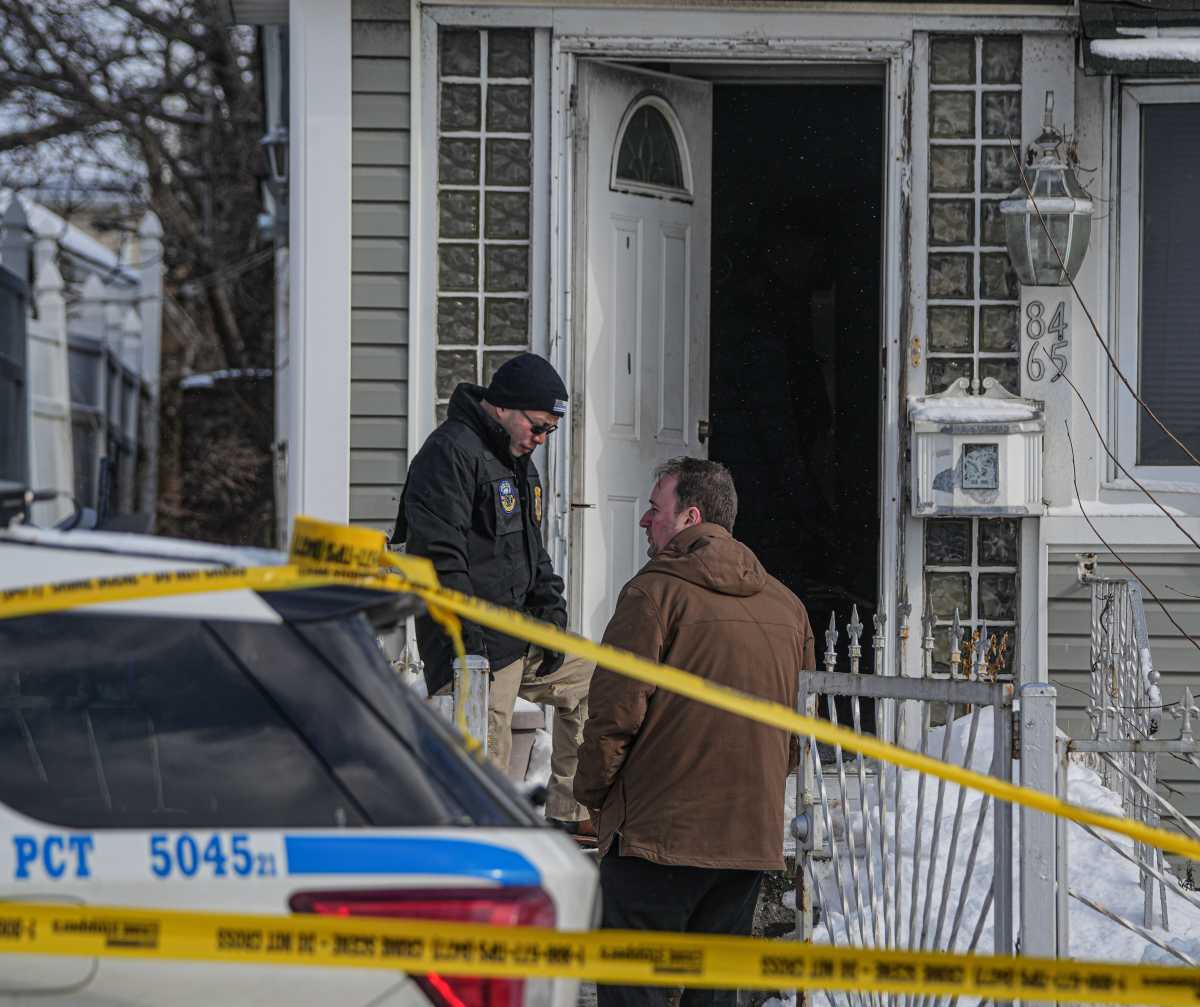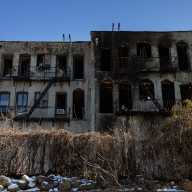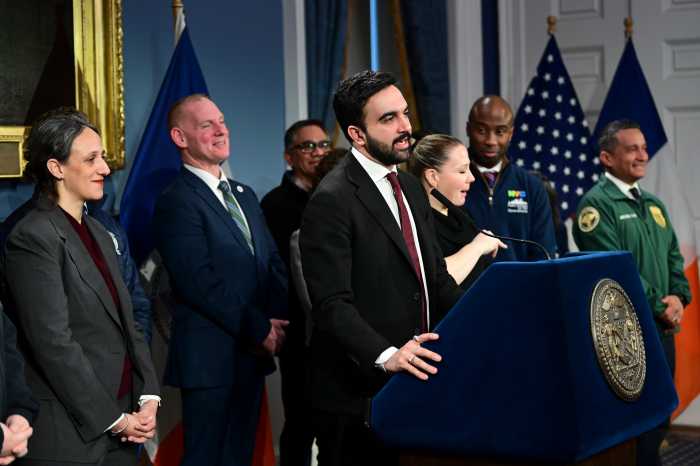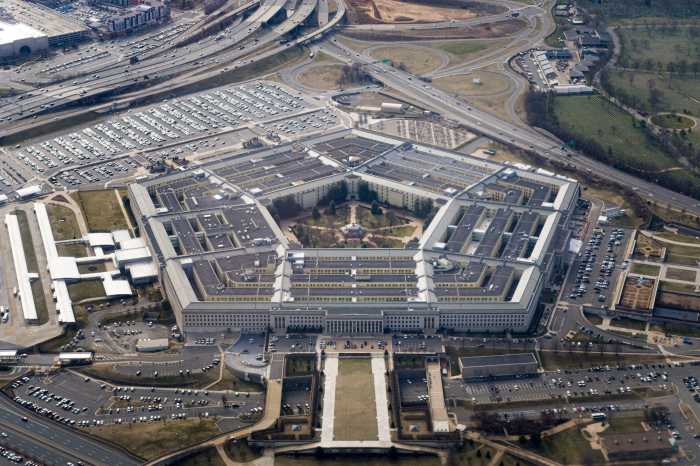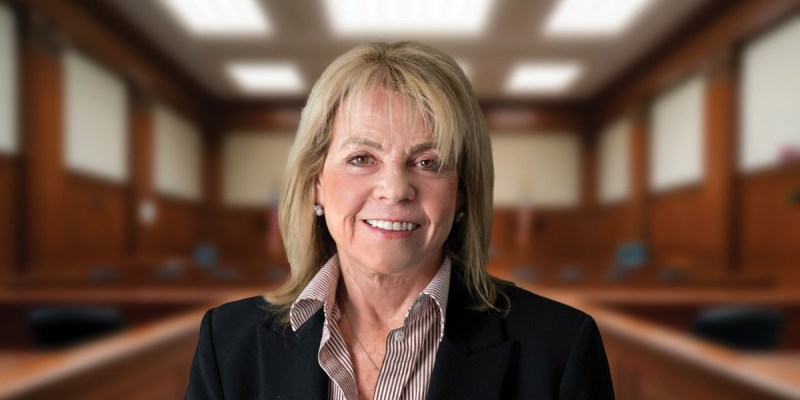Neighborhood leaders in Queens and all across our city and state are suiting up for battle. The results of the decennial census show that New York will lose two of our seats in Congress, and no one wants to see their Representative go. What’s a dedicated community leader to do?
Let’s first raise the curtain on how this enormously consequential decision will get made – as it always has – because of how the law is currently written.
Our state’s constitution vests the power of redistricting with our ignominious legislators in Albany. Every 10 years, following the census, they get to draw the new district boundaries for the members of Congress – and just as importantly, for themselves.
It’s a process that is commonly associated with “gerrymandering,” because the legislators tend to draw districts that are oddly-shaped: the better to maximize political advantage and insulate themselves from competition.
And, as with so much in Albany, it’s an unsavory process characterized by backroom deal-making, favor-doing and endless politicking.
Such is the muck that community leaders must wade into if they want to attempt a say in the process. Some even hire their own lobbyists or spread campaign cash – just like the members of Congress themselves, in fact. And who can blame them because, frankly, those are the things that have historically gotten results in Albany – even on an issue as fundamental to our democracy as the drawing of legislative boundaries.
When the power of redistricting lies in the hands of the legislature it becomes an inherently political process and the resulting detrimental effects trickle deep into our neighborhoods. It means favored members have seats that are virtually guaranteed to be safe. It’s why legislators are more likely to die or be indicted than to be voted out of office. And it’s why they so often cater to special interests without fear of punishment at the polls.
So now it’s 2012, and your dutiful neighborhood leader has done everything he could. Alas, in spite of it all, his member of Congress got the boot. The lines were redrawn so that the Representative now has to run against another incumbent, and now all his or her supporters are in a different district. (The state legislators, naturally, remain in their eternally safe districts. Save those who dared oppose the leadership, of course.)
But here’s the worst of it: behind that curtain in Albany, legislative leaders didn’t make that decision based on meaningful criteria that reflected impartial demographic and population patterns so as to preserve community representation and perhaps even enable competition.
The truth is we wouldn’t know how the decision was made. But it’s safe to say it’s the same as most other decisions in Albany, and they keep getting away with the kind of bad behavior that has made our state a national joke.
It’s time to take the politics out of this process, and implement a nonpartisan, independent commission to take on the serious task of redistricting. Districts should have natural boundary lines, should be contiguous, should not be drawn to favor or oppose any party or candidate, and must not abridge or deny minority voting rights. The commission itself must have meaningful transparency and independence.
Other states have successfully implemented an independent commission, Iowa being the model. A majority of legislators here in New York have pledged to support one; so has our new governor, Andrew Cuomo.
Other supporters include my fellow New York Uprising trustees like former Governor Mario Cuomo and former Mayor Rudy Giuliani (not to mention our current independent Mayor, Mike Bloomberg).
But time is already running out. Ready or not, the new lines will be locked-in in time for the 2012 elections, and the commission needs adequate time to do its work before then.
Neighborhood leaders are right to be taking up arms. But unless the battle is for impartial redistricting, then their communities will keep losing, every two years, with every election.
Edward I. Koch is a former mayor of New York and a political analyst.

